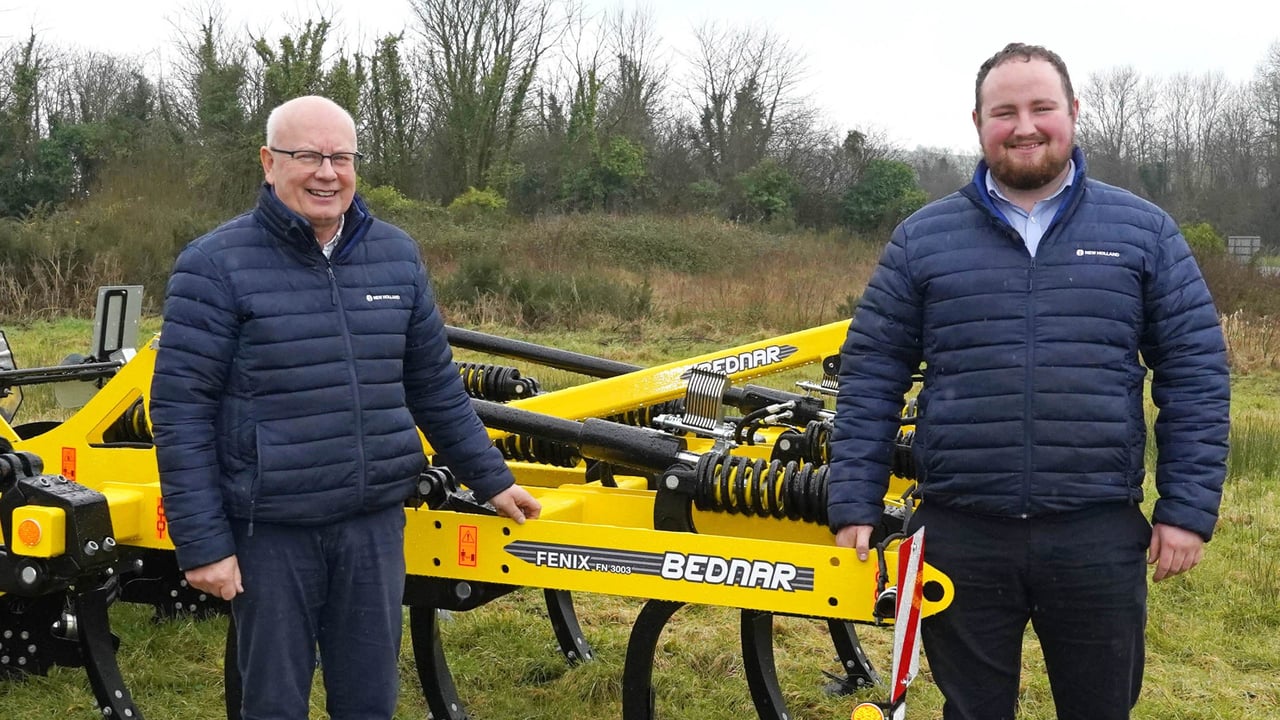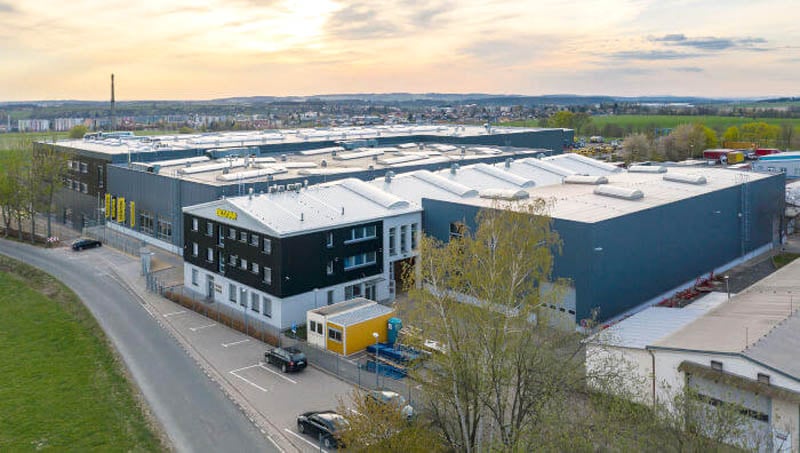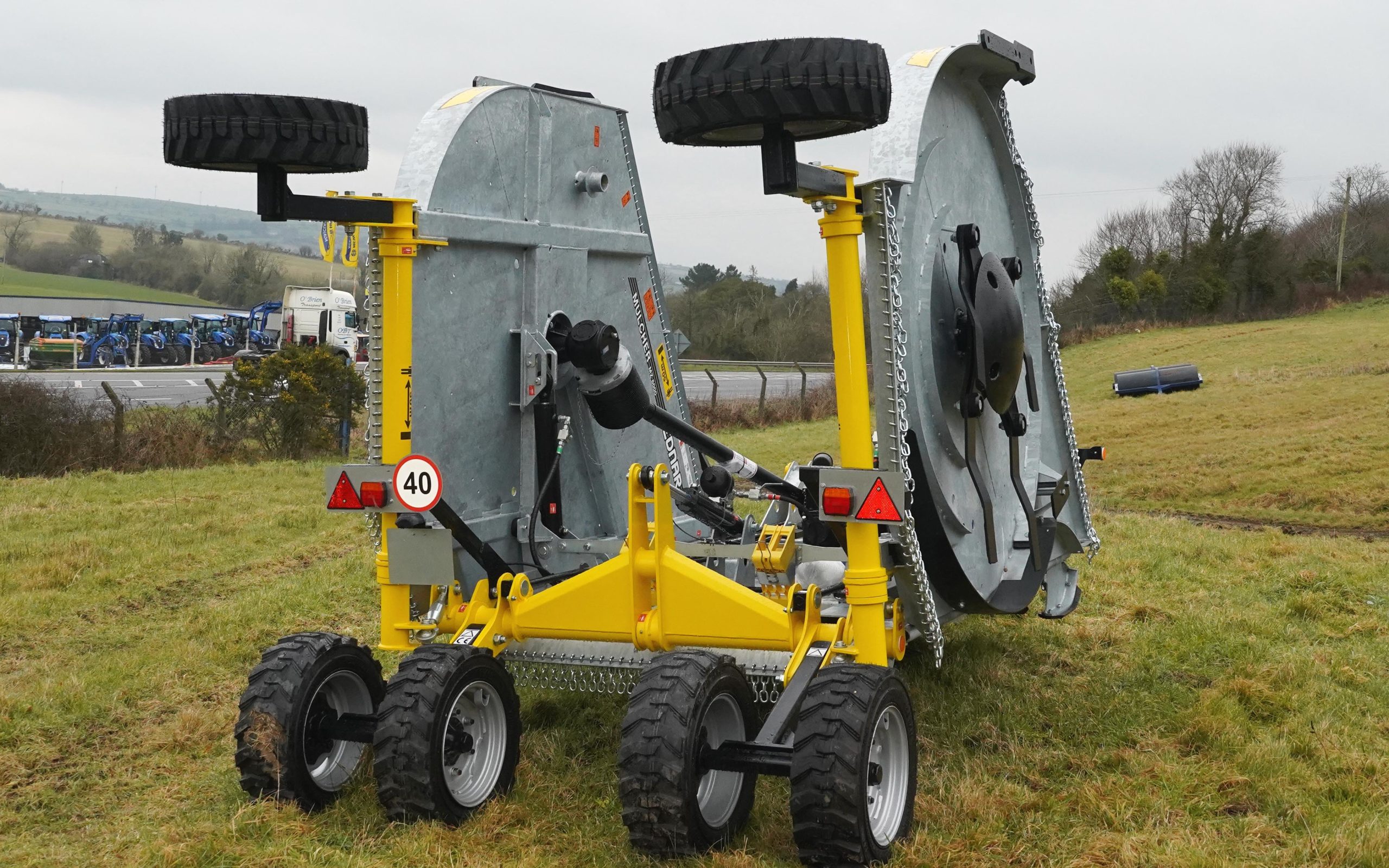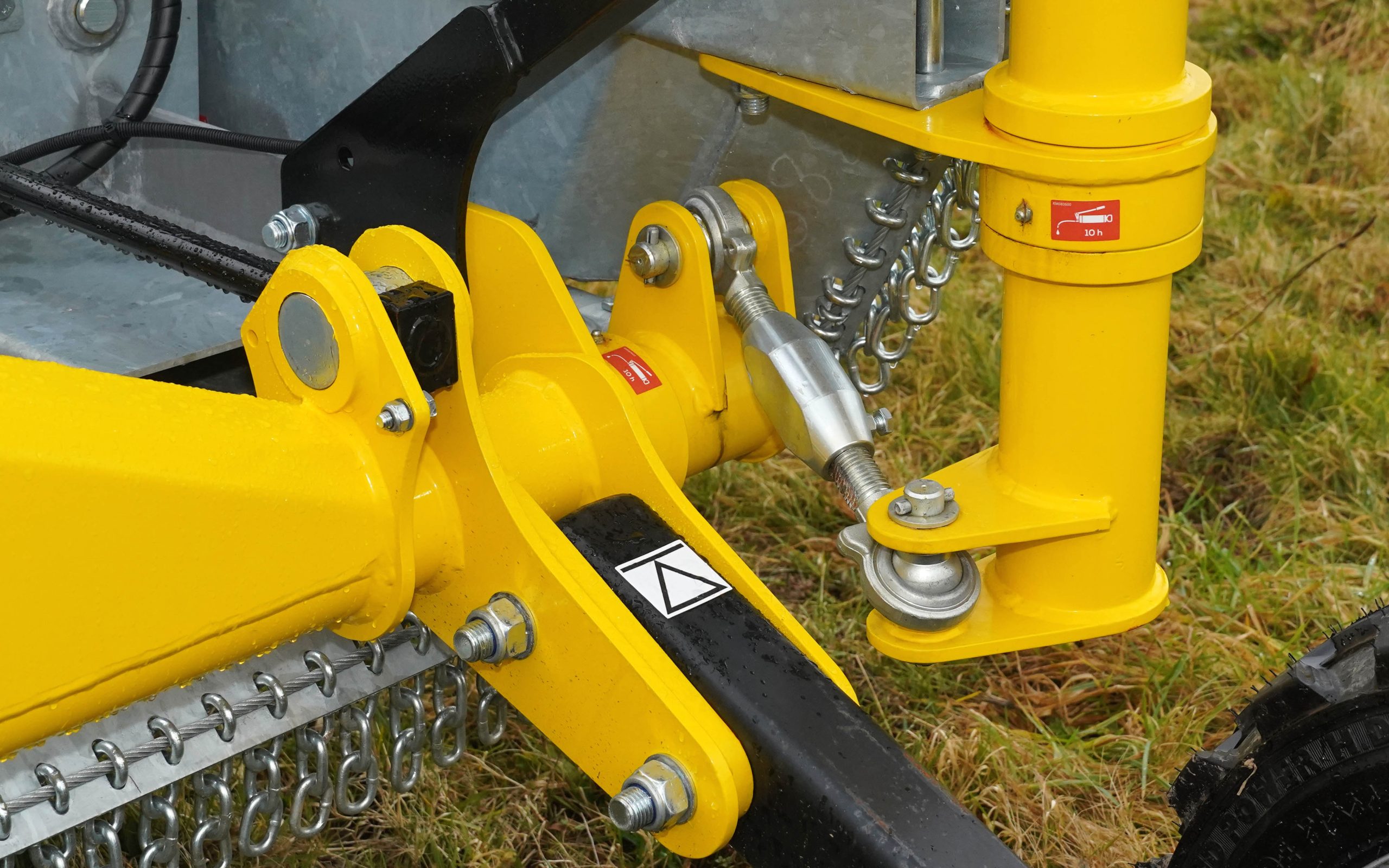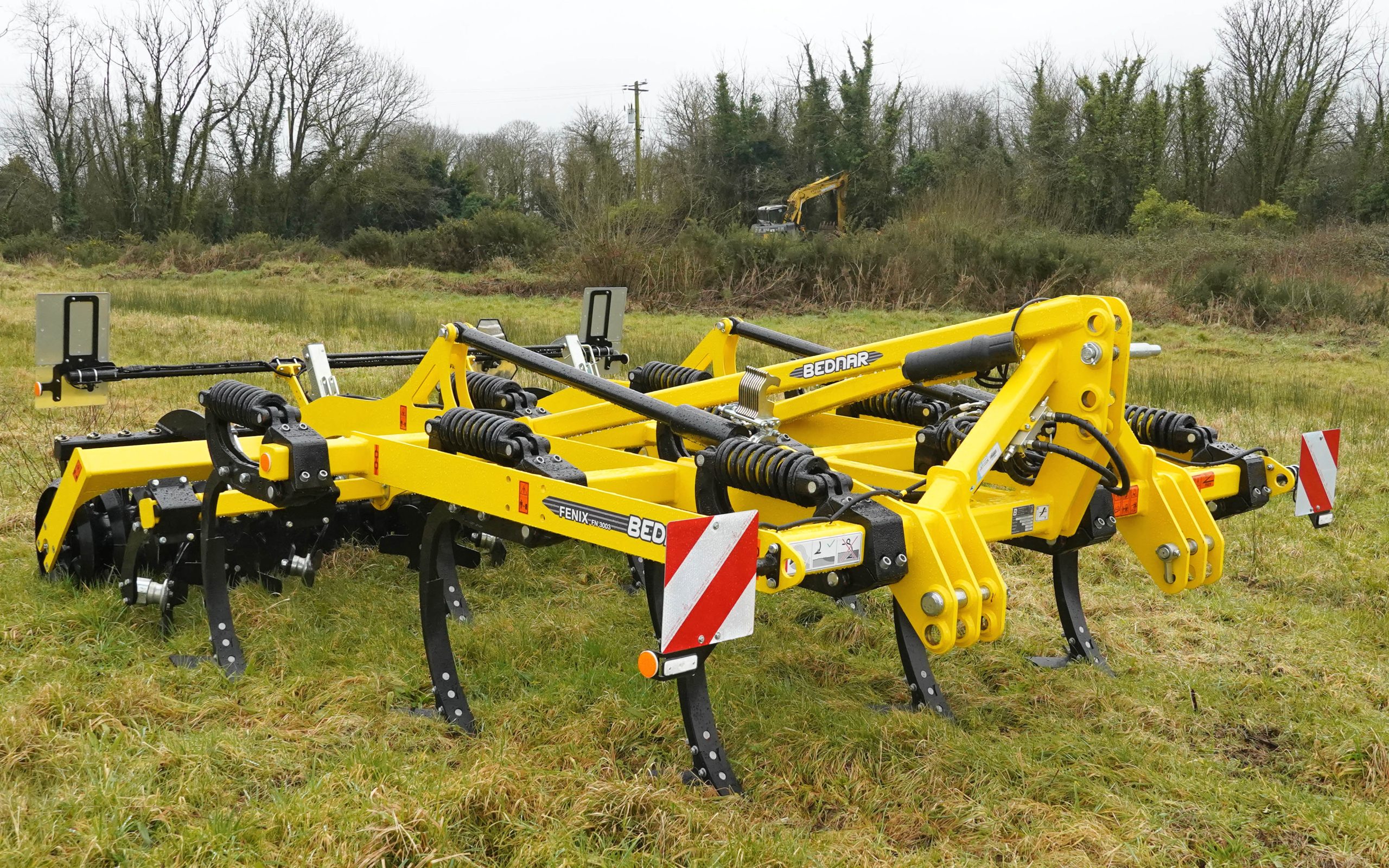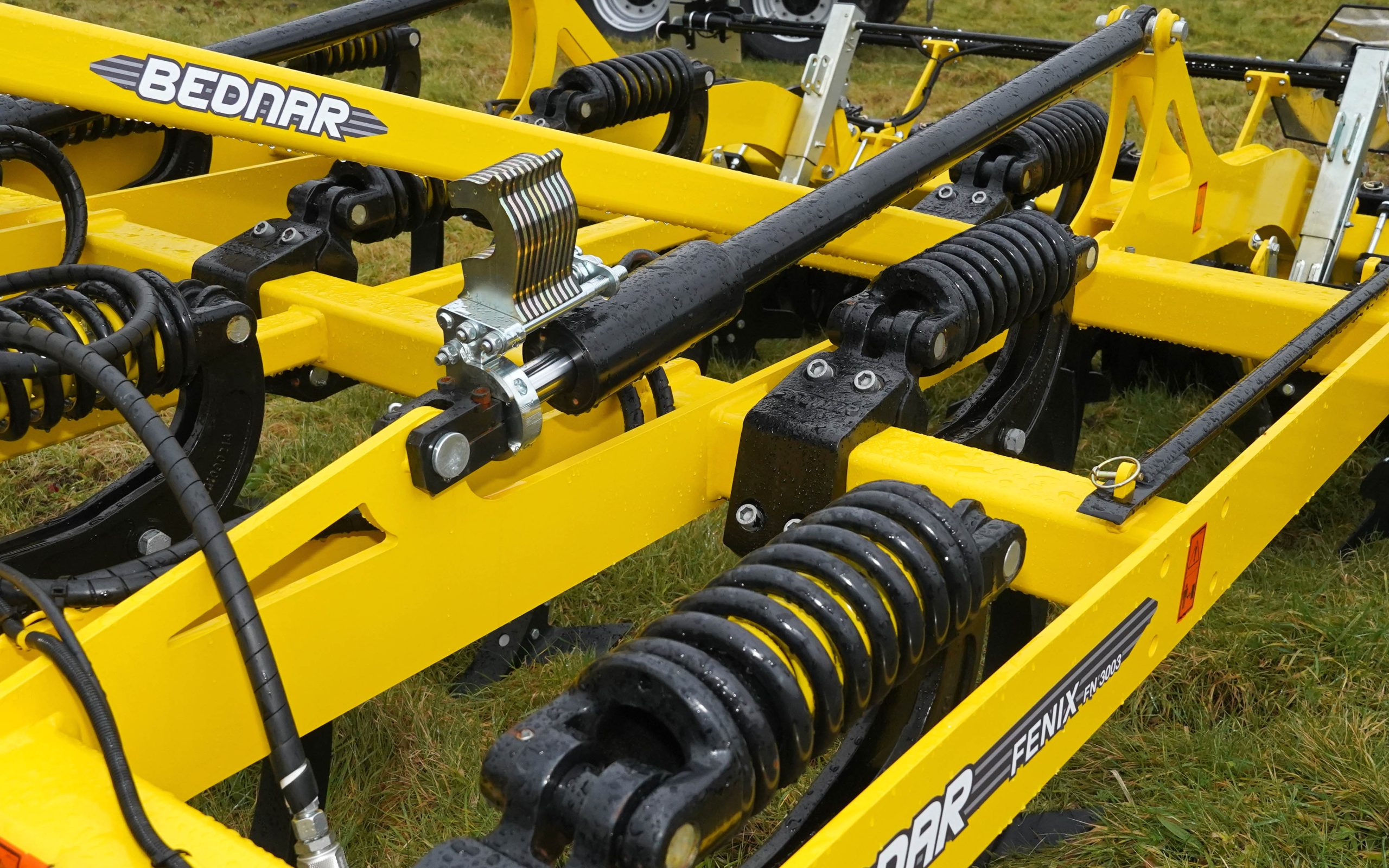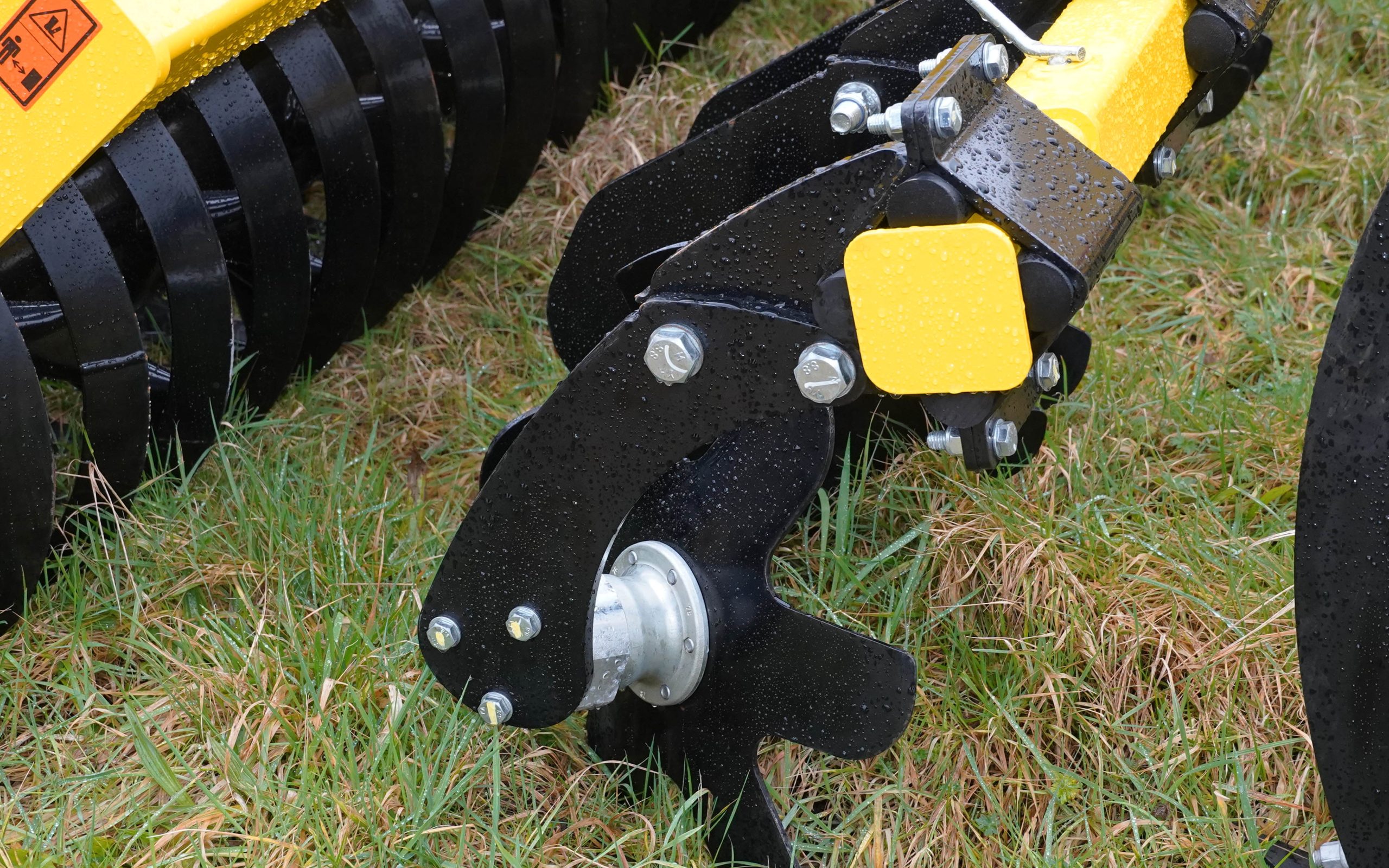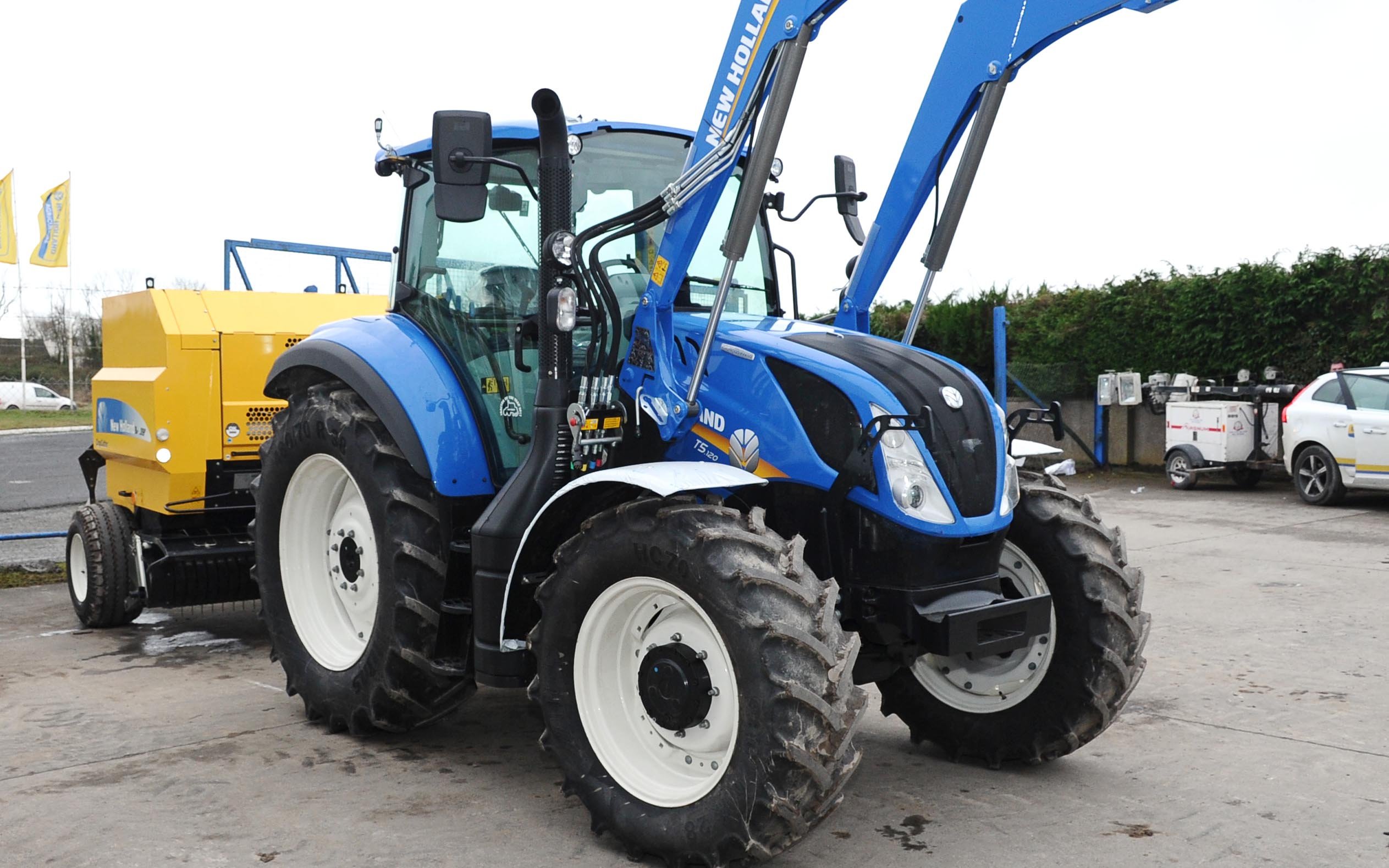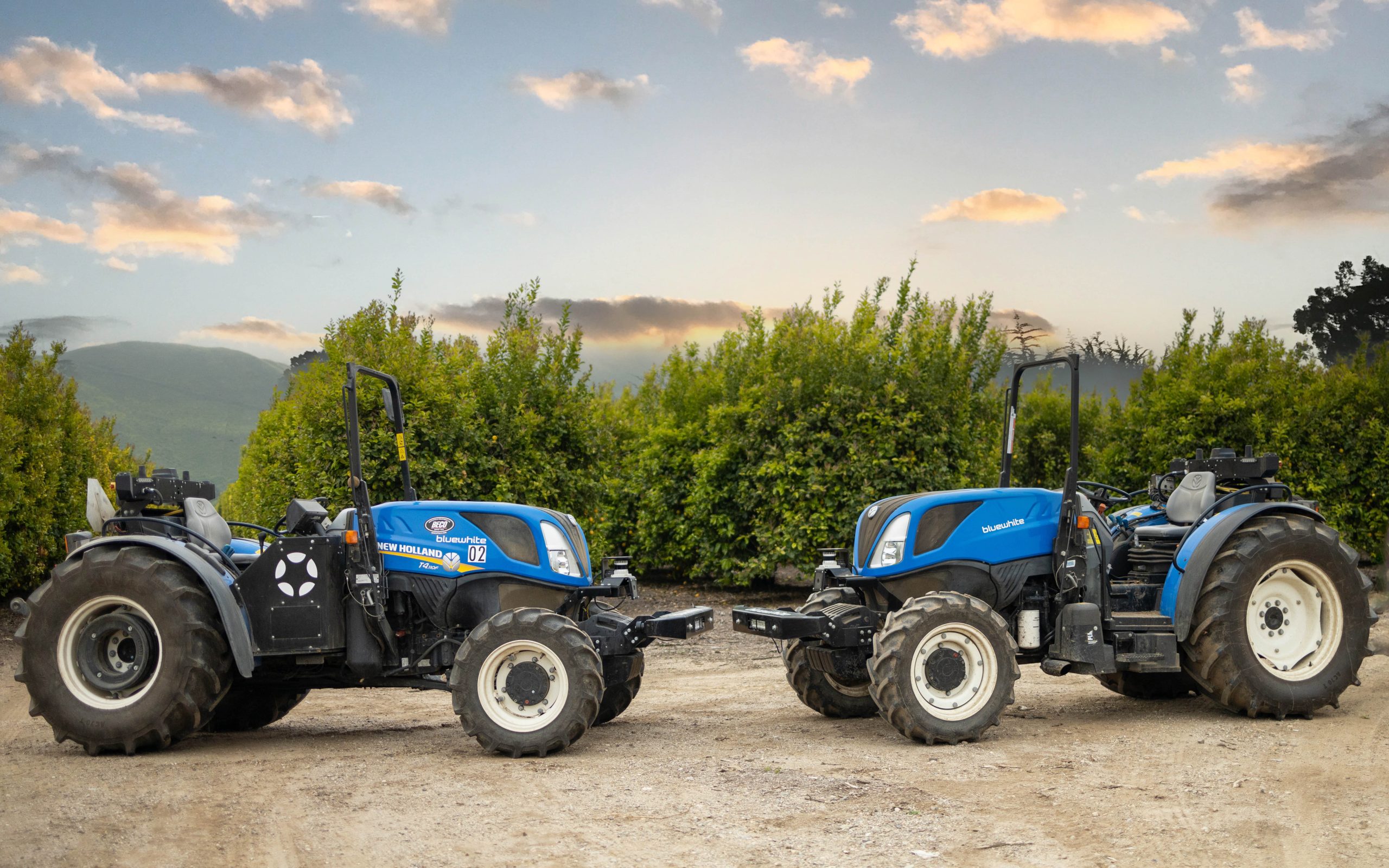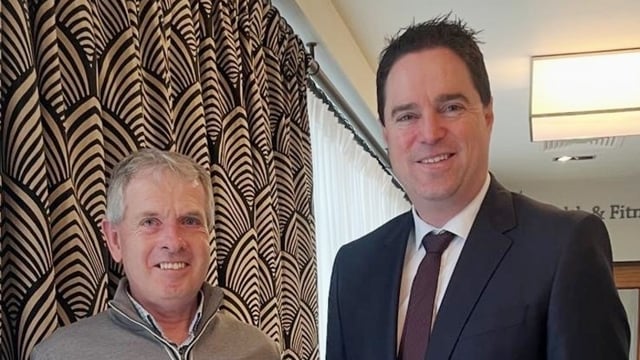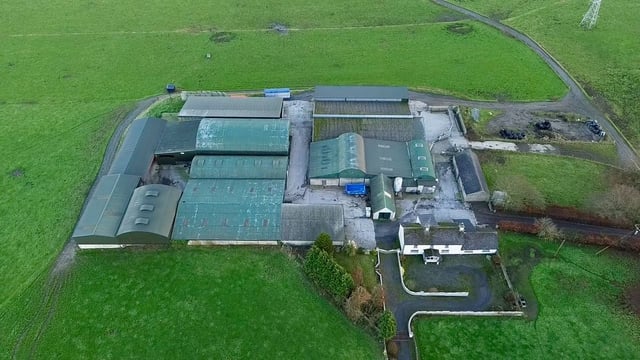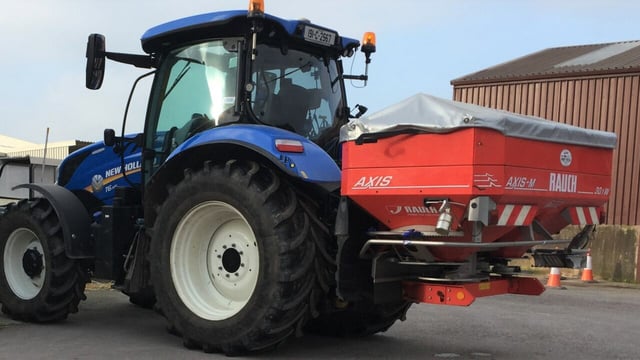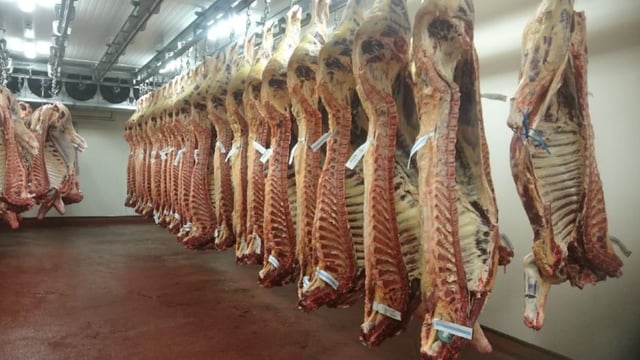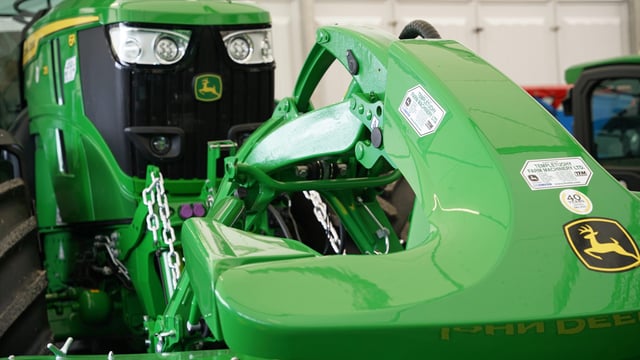Bednar appoints Murphy's Motors as lead Irish dealer
Bednar was a name reintroduced to Ireland at last year's Farm Tractor and Machinery Trade Association (FTMTA) show as the parent entered the market directly.
It has already appointed three enthusiastic dealers to carry the brand, Farm Works, Alan Douglas and Murphy's Motors of Glenmore, Co. Kilkenny.
The manufacturer has not wasted any time in getting machinery to Ireland, and all three dealers have items in stock from the large range of cultivation and seeding equipment that is produced by the 480-strong workforce in Czechia.
It was Dr. Ladislav Bednar who formed an export agency for machinery produced within the country in 1997, however, he soon realised that foreign markets had their own ideas about what they wanted, and so rather than acting as a conduit for the feedback, his company started to produce equipment itself.
Today, that equipment has matured into what the company claims is finely engineered machinery that can hold its head high in a market that is already well supplied by tillage manufacturers.
Bednar in close up
In this case, there appears to be some substance for that claim, as there is an appearance of quality that becomes apparent while approaching the company and this is only confirmed upon closer inspection.
Murphy's Motors has two machines in stock that are currently available for purchase with more available to order, while it's intended that certain models will be available as demo machines over the coming season.
The first is a 6m folding mulcher for use on cover crops and stubbles that boasts four blades and a cutting bar per section rather than the usual three found on other makes.
Another aspect that sets the machine apart is that the design is obviously new, rather than an update of a decades-old philosophy that considers such machines to be of secondary importance and therefore not worthy of too much development.
It is also neatly made with tidy welds and metal only where it's needed, rather than extra plating being welded on to reinforce a poorly designed structure.
The height adjustment and levelling mechanism is well-thought-out and the section hinges are of a novel design that reinforces the view that these machines are the product of engineers first and foremost.
The second implement may be of more immediate interest to tillage farmers this spring as it is a general purpose mounted cultivator that is targeted at smaller farms looking for a machine to cover all bases.
From the outset it is designed for deep loosening, up to 35cm, so the frame has been engineered to cope with the stresses involved.
Yet the adjustment mechanism allows it to operate at much shallower depths with four types of chisel points and three types of wings available to allow effective cultivation at any depth down to the maximum.
The Fenix FN comes with either basic shear-bolt protection or a double spring arrangement that breaks back at 500kg force. Lift the point 35cm if needed.
Bolts over welds
Whichever option is chosen, the legs are clamped to the frame rather than welded, thus preserving the strength of the steel tubing and eliminating the possibility of cracks around the mounting point.
To-date there has been a great deal of interest in the new brand and Jack Cooney, the company's new sales manager, has already negotiated the sale of a Bednar drill to a customer in Co. Carlow who was impressed by the ability to configure the machine exactly as he wanted.
Even though the company is now of a decent size, Jack points out that they still listen to the customer and are not intent on simply prescribing what farmers should have, a huge advantage over other brands, he believes.
Jack is looking forward to promoting the product as he considers it to be premium quality but pitched at a slightly lower price than other mainstream products.
Dick Murphy, of Murphy's Motors, estimates that Bednar's products cost around 10% less as the factory does not have the costs of its competitors.
Dick Murphy's outlook
Last year was a tough one for the machinery industry, Dick, who runs the family business alongside his sister Bernie, admits.
Yet agriculture has eight billion people to feed globally, so it will not be shutting up shop any time soon, but will keep evolving as demand increases and new methods come along.
For this year, he believes that the milk and beef sectors will be underpinning the return to more buoyant sale levels, although the beef farmer in particular will often be looking for a used machine rather than a new one.
Beef farmers generally want a tractor of a certain size rather than a specific horsepower.
Anywhere between 100-150hp with a front end loader is the usual requirement. Tillage and dairy customers tend to be a little fussier, having tasks that require a particular power level.
Looking forward, Dick believes that field automation of tractor operations will be coming sooner rather than later, but not in the way that many envisage.
The route to autonomy will come through one person controlling two or more tractors at a time, rather than machines being let loose in a field and left to their own devices, he explained.
To some extent this is already happening with autonomous chaser bins in the US and he can see this style of operation spreading to Ireland as the shock of the new wears off.

